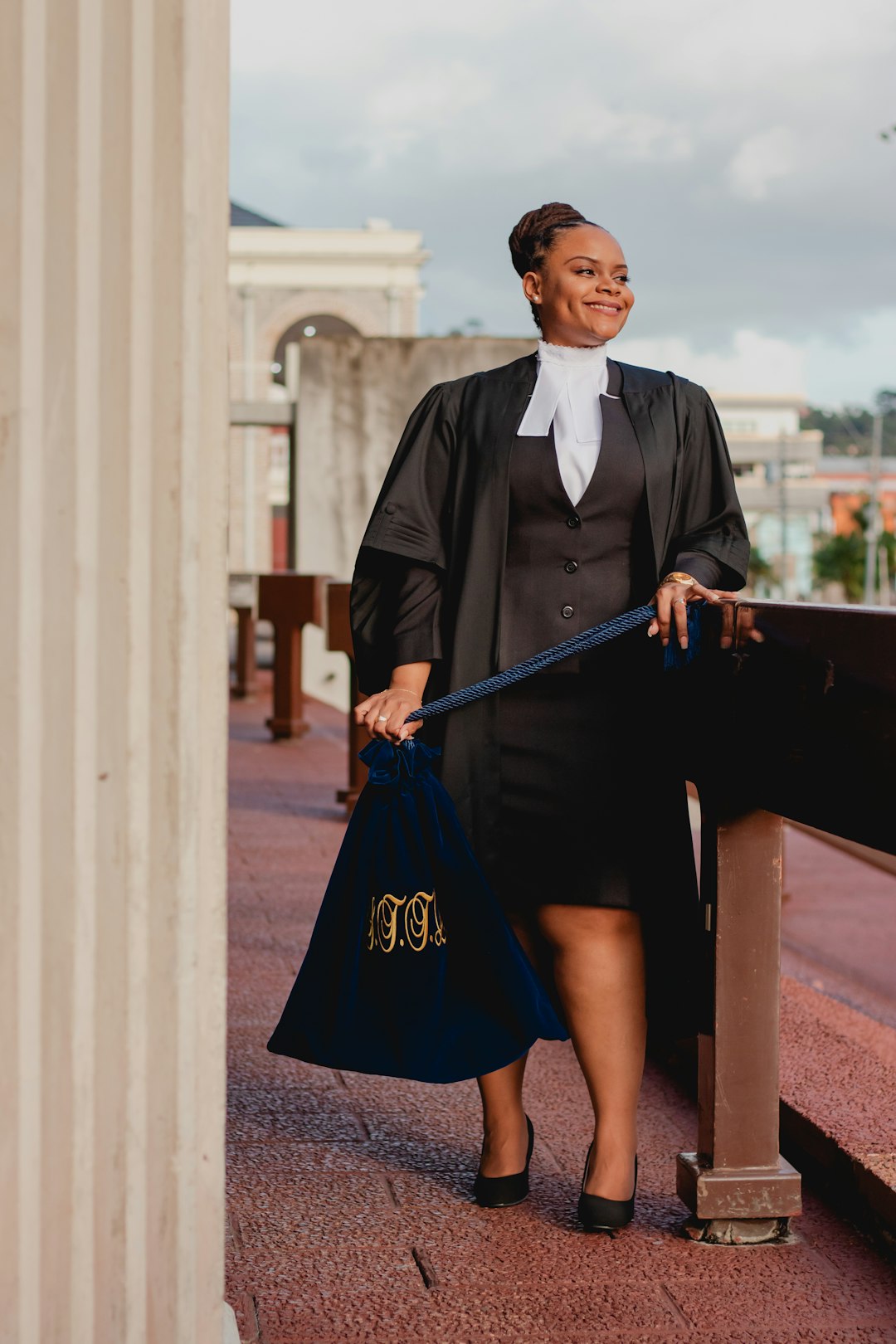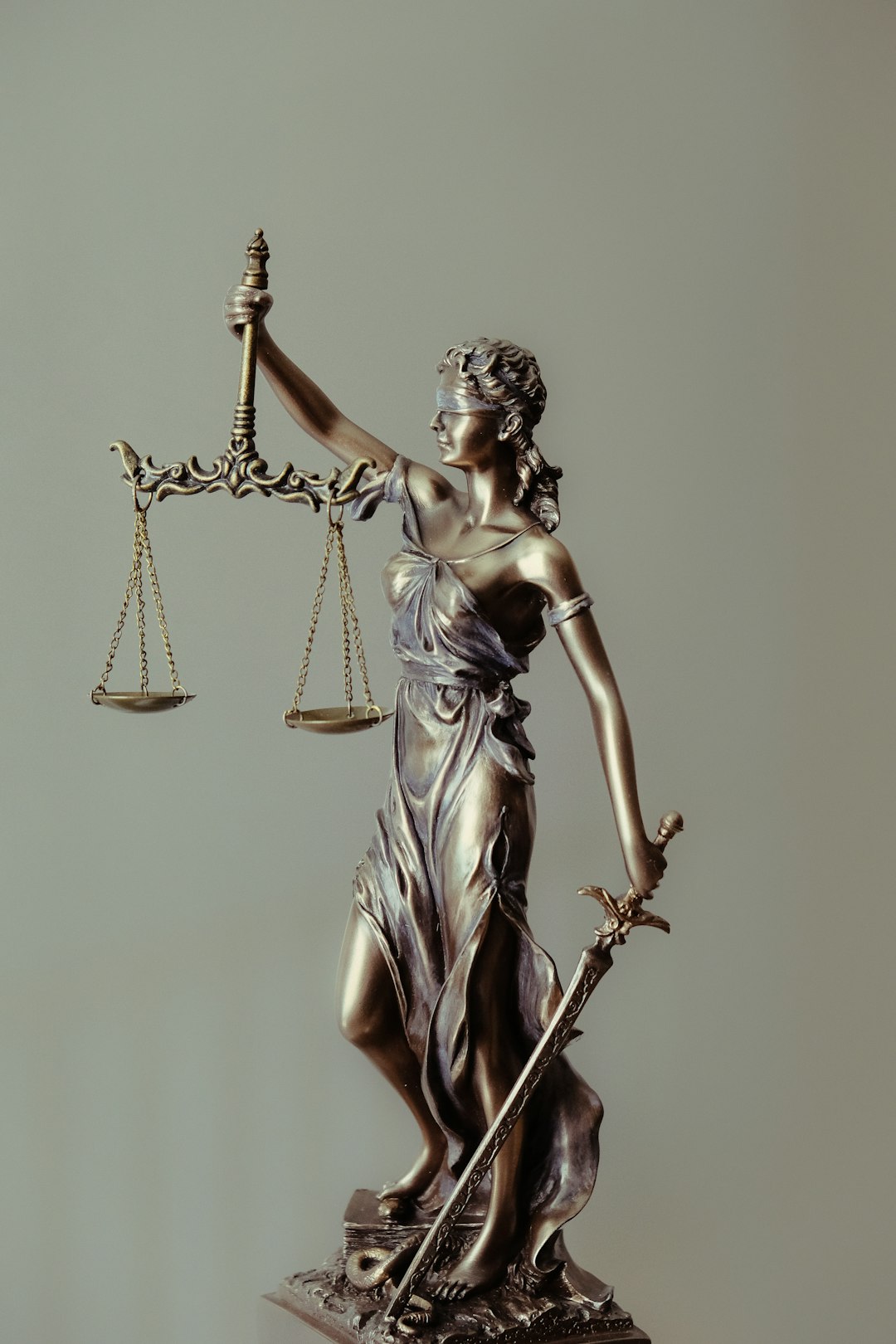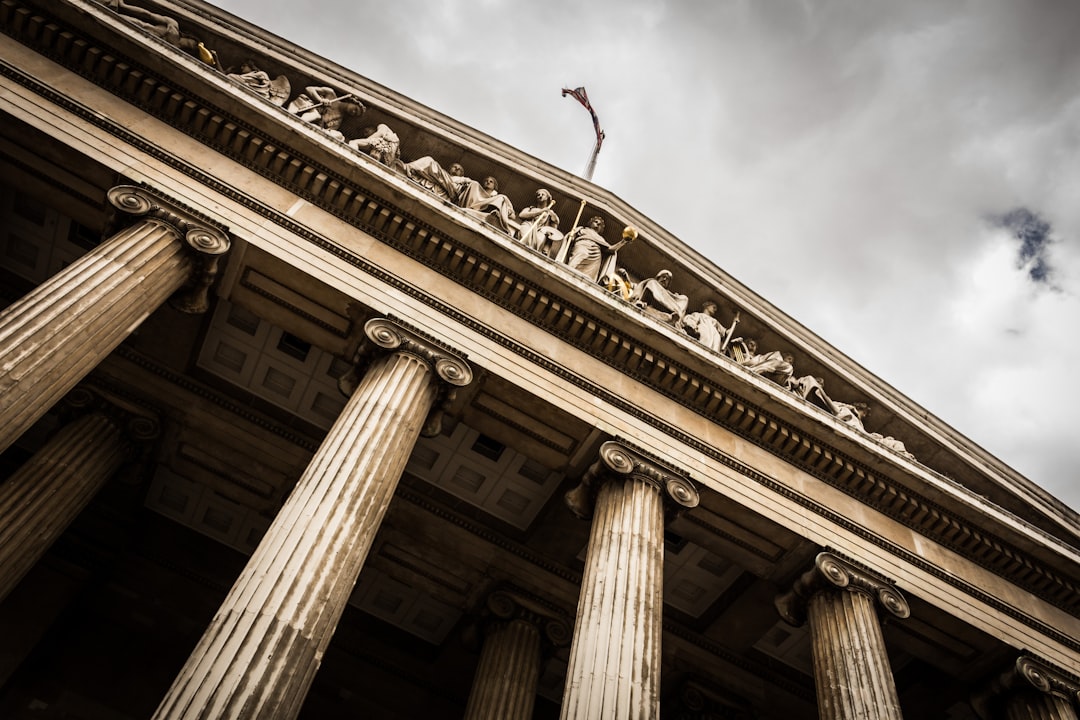In Mississippi, schools navigate complex privacy laws while monitoring student communications to prevent cyberbullying and school abuse. They must balance security with privacy, follow strict guidelines, inform students & guardians, and consult a school abuse lawyer to respect legal boundaries without infringing on rights. A balanced approach is crucial to protect student data and maintain a safe learning environment in the digital age, with emphasis on transparency and proactive strategies.
In Laurel, ensuring student safety online is a paramount concern. As digital communication becomes integral to education, understanding and adhering to privacy laws are crucial. This article delves into the legal landscape surrounding student data protection in Mississippi schools, highlighting the boundaries of monitoring communications while safeguarding students from potential abuse. With a focus on privacy, we explore strategies for fostering secure digital environments, all while offering insights from a school abuse lawyer specializing in Mississippi education law.
Understanding Privacy Laws in Mississippi Schools
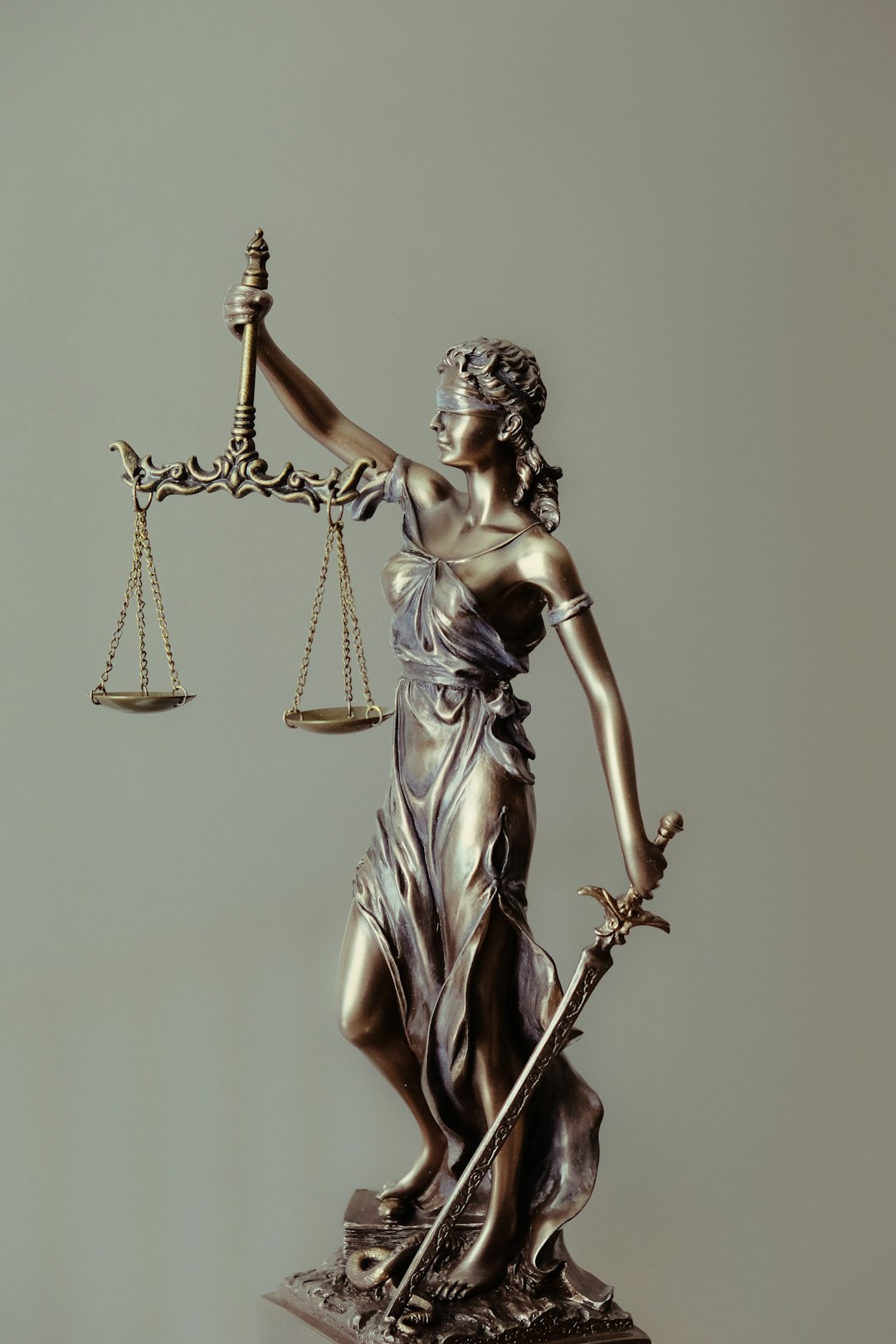
In Mississippi, privacy laws are stringent and play a pivotal role in protecting students’ rights, especially concerning their communications. Schools must adhere to strict guidelines when monitoring student conversations and digital interactions. The main focus is on balancing safety and security with individual privacy. According to state regulations, schools can access and review student records, including electronic communications, but they must have valid reasons and follow specific procedures.
Any form of surveillance or data collection should be done responsibly and transparently. Students and their guardians must be informed about the scope and purpose of monitoring. If a school suspects any instances of cyberbullying, threats, or potential school abuse, they may investigate further, but legal boundaries must be respected to ensure that privacy rights are not infringed upon without cause. Consulting with a school abuse lawyer in Mississippi can provide clarity on these matters.
Monitoring Student Communications: Legal Boundaries
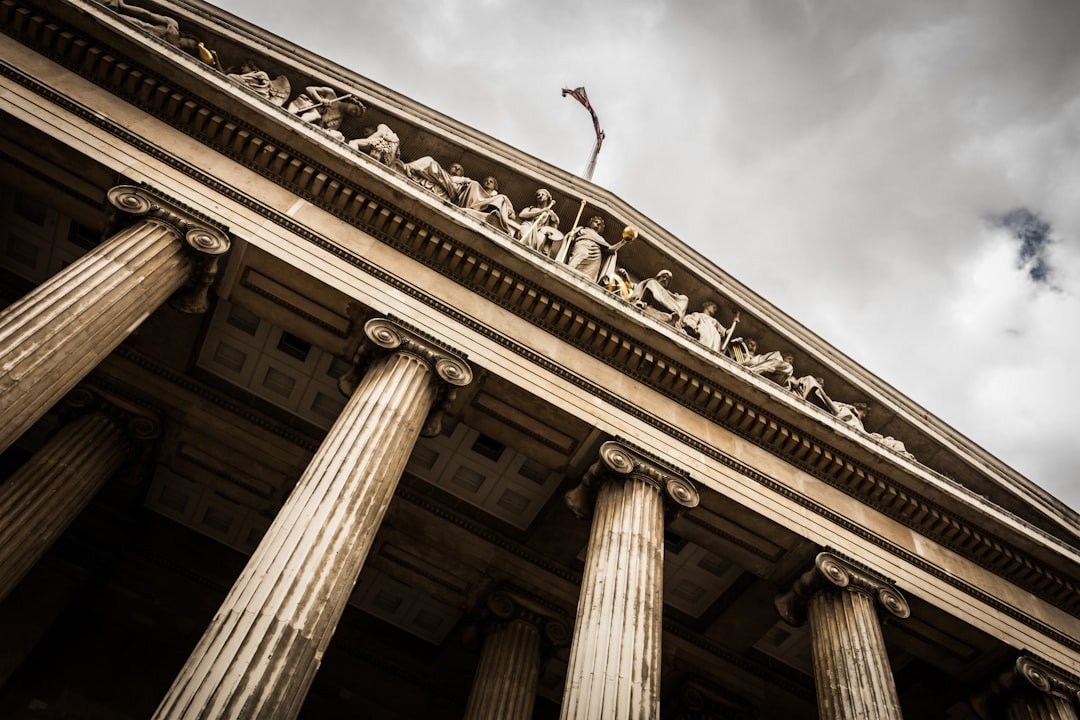
Monitoring student communications is a delicate balance, especially with the rise of digital learning platforms and diverse communication channels. While schools have a legitimate interest in ensuring student safety, maintaining a secure environment, and preventing cyberbullying or school abuse, they must also respect privacy laws. In Mississippi, educators and administrators face legal boundaries when it comes to monitoring students’ communications, particularly in the digital realm.
A school’s authority to access and review student messages, emails, or online posts is limited by state and federal privacy laws, including the Family Educational Rights and Privacy Act (FERPA). These laws safeguard students’ educational records and communications, ensuring that personal information is protected from unauthorized disclosure. Therefore, schools must obtain proper consent, follow specific procedures, and adhere to strict guidelines when monitoring student communications to avoid potential legal repercussions and protect the rights of their students.
Protecting Students from Potential School Abuse

In the digital age, where communication among students and educators has shifted predominantly online, ensuring student privacy becomes a paramount concern for parents, advocates, and attorneys alike. The rise in remote learning has opened doors to potential vulnerabilities, especially when it comes to protecting students from school abuse. In Laurel, Mississippi, as elsewhere, schools are increasingly relying on digital monitoring tools to track student communications. While this may aid in identifying at-risk individuals or preventing cyberbullying, it also raises critical questions about the extent of surveillance and its implications for student privacy rights.
A skilled school abuse lawyer in Mississippi would argue that students’ digital footprint is a precious yet vulnerable aspect of their lives. With access to personal devices and online platforms, young minds are more susceptible to various forms of exploitation, from cyberbullying and harassment to more severe forms of school-related misconduct. Therefore, striking a delicate balance between maintaining student safety and preserving privacy is essential. Parents and educational institutions must stay informed about the legal boundaries surrounding digital monitoring to ensure that students’ rights are protected while addressing potential risks effectively.
A Lawyer's Perspective on Student Data Privacy

In the context of student data privacy, a lawyer in Laurel, Mississippi, would emphasize the delicate balance between educational institutions’ need to monitor communications and the paramount importance of protecting students’ personal information. With the increasing digitalization of education, schools collect vast amounts of data on students through various communication channels, including emails, messaging apps, and online platforms. While this data can be crucial for academic purposes and student support, it also carries significant risks if not handled with care.
From a legal standpoint, school administrators must adhere to stringent privacy laws designed to safeguard student data from abuse. Lawyers in Laurel advise that schools should implement robust data protection measures, obtain informed consent when necessary, and ensure transparency in their data handling practices. Failing to do so could result in severe consequences, including legal repercussions and damage to the school’s reputation. Thus, it is imperative for educational institutions to prioritize student data privacy to foster a secure learning environment.
Ensuring Safe Digital Communication in Laurel Schools

Laurel schools are navigating the delicate balance between fostering open digital communication and protecting students from potential online dangers, including cyberbullying and school abuse. With the increasing prevalence of technology in education, ensuring safe digital spaces is more important than ever. Schools in Mississippi, like many across the nation, are implementing stricter privacy laws and monitoring student communications to create a secure environment for learning.
A school abuse lawyer in Laurel emphasizes the need for proactive measures to safeguard students’ well-being. This involves educating both students and staff about online risks, establishing clear guidelines for digital interactions, and employing advanced monitoring tools to identify and address any concerning behavior. By taking these steps, schools can encourage responsible technology use while mitigating potential legal issues related to student privacy and safety.

